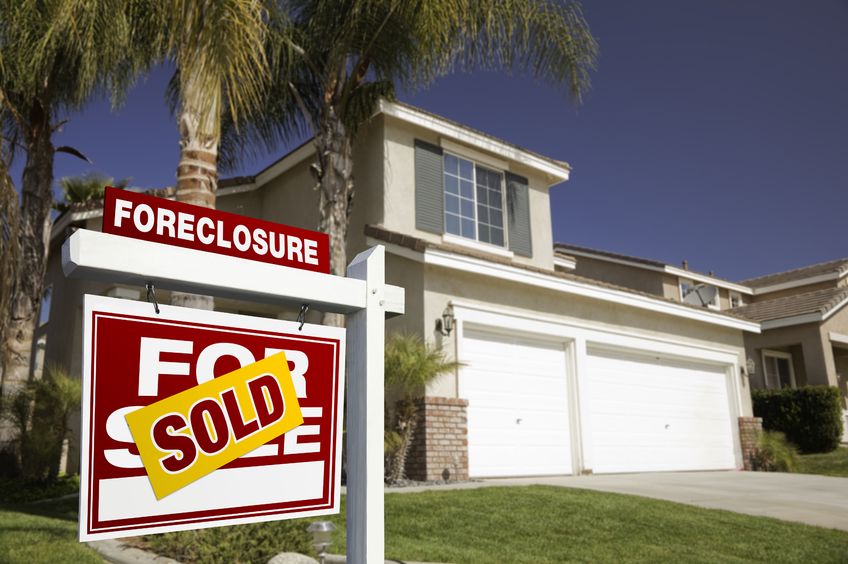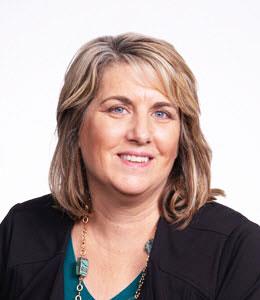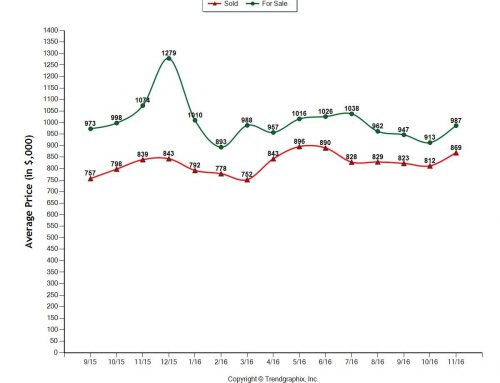 What exactly is a “strategic default?” Have you considered it yourself? What can it mean for you?
What exactly is a “strategic default?” Have you considered it yourself? What can it mean for you?
More and more, I hear about folks contemplating a strategic default. Here are some Q & A’s about what a strategic default is, and what it can mean to your future credit score, ability to buy a home again, and your psyche! With the ease of many short sales, bankruptcy options and the tax and recourse protections now, I’m not sure most would need to turn to a strategic default, but as you’ll find out below, there are pros and cons – and alternatives.
What is a strategic default?
In simple terms, it is a calculated decision by a homeowner to stop their payments, and to “walk away” from their mortgage. Often these people have never missed a payment on their mortgage. Just as often these are folks with high credit scores and a good payment history.
Why a strategic default?
For people that make a decision to strategically default on their mortgages, it is often a part of a larger strategy to get out from under an underwater home (or asset as we get more impersonal about this debt). As with many homes in our Contra Costa area, we’ve witnessed some of the steepest declines in our home values in history. If you’ve bought in the last 10 years, even with 20% down, in some areas it is a sure bet you owe more than your property is worth. For properties with negative equity, for many Bay Area homes, there really is no immediate end in site. Many homeowners anticipate they’ll be underwater for years to come.
What happens in a strategic default?
Well, when someone stops their payments, the bank will initiate foreclosure proceedings. I can only speak for California, but that process can take as few as 4-5 months to as long as a year or more. It is not uncommon to see banks take 18 months or more to eventually foreclose, but many banks are starting to speed the process in 2012. Your credit will take a significant hit with your first missed payment, and will decline as some estimate up to 150-200 +/- points by the time all is said and done with 6-18 months of missed mortgage payments hitting your credit report. Of course, you’ll get numerous, if not daily calls from your bank to urge you to make payments. I’ve heard some banks are starting these calls the day after your due date. Believe me when I say, they really don’t want your house. They really don’t.
What happens while you wait for foreclosure?
Well, that depends. Some people have already moved on and stopped paying after they’ve moved and are settled in a new home. There is a term that some can identify with called “buy and burn.” This is when , with your good credit and income, buy a new home, then simply walk away from your old one. Some though stay in their homes with a goal to live for “free” and save money each month while they await the bank foreclosure process.
What are the alternatives?
With record low rates, in some cases below 4%, maybe refinancing with your lender will help your situation and allow you to more comfortably continue with your payments and in your home. If your lender doesn’t have a program you like, check with www.makinghomeaffordable.gov to see what government programs may be available to you. There are programs that may help with principal reduction and/or interest rate reduction. You may owe it to yourself to check it out first.
A short sale may be an option. In California the same recourse and tax protections that are offered in a foreclosure, are offered in a short sale. The advantage of a short sale is that it can shorten the cycle considerably. A short sale you can be done and closed escrow in 3-4 months vs. up to 18 months of missed payments on your credit awaiting a foreclosure. But many banks are very diligent about you being able to prove hardship. If a hardship can not be proven, they may not agree to a short sale. However, hardship can mean many things, and it isn’t always financial. Has your job moved, has your family changed, have you sustained a financial set back, gotten divorced, experienced an illness?
What did we say about psyche?
Yes, I did say “psyche” and want to acknowledge that walking away from your mortgage can do a number on folks and their mental health. I’ve seen it. The desire to fulfill your financial obligations and uphold your contractual obligations is strong for many and the decision to “walk away” is difficult and full of fear and constantly second guessing. However, for others it is looked at as a “business decision” much like the articles they read of major banking institutions strategically defaulting on their own non-performing assets. It is an interesting dichotomy and a decision that is very personal for each person.
What to consider?
There are many different moving parts here, and the consequences of any default, foreclosure or short sales can be longstanding and severe. It is best to discuss your options with your CPA and attorney to help you find the best “exit strategy” for you. Each situation is different, so be careful of the stories of others who have “done it.” If this was/is an investment property or second home for you, there may be significant tax consequences for you. If your financial situation is overwhelming and the house is just one of your issues, perhaps speaking with a good local bankruptcy attorney would serve you best. There may be a strategy for you and your personal situation that only an attorney could advise.
As mentioned above, the credit consequences can be severe. From a recent Reuter’s article “What Happens When You Walk Away From Your Home”:
The penalties largely revolve around your credit record, which admittedly gets blown up in the near-term. For a few years you can likely forget about qualifying for a mortgage or a car loan. When lenders are ready to take a chance on you again, you’ll have to pay for the privilege, with stiff interest rates due to your default history.
So to recap, strategic defaults are happening. Many banks realize that without help or an approval of a short sale, many are walking away anyway and some are being more cooperative. Some banks are very stringent on their definition of hardship and will straight out tell you they will not help and that the decision to foreclose is up to you. Talk to an attorney. Talk to a CPA. The consequences on your credit and possible tax liability need to be explored. Keep in mind, each state is different and in some states your bank can still pursue you for the deficiency after a foreclosure.
Alternatives to Foreclosure (strategic or not):
- Short Sale
- HARP refinance
- HAMP modification
- HAFA short sale
- Bankruptcy
This article is meant to offer commentary, not legal or tax advice. Seek the advice of your attorney and CPA for the best information in planning what is best for you.
You can always see me about a short sale, and I can let you know my experiences with your lender.
Catherine Myers
Contra Costa Short Sales
Windermere Bay Area Properties
925-683-2125
DRE 01337828
Serving the needs of home buyers, home sellers and investors in:
Walnut Creek, CA
Concord, CA
Clayton, CA
Pleasant Hill, CA
and surrounding areas…







Leave A Comment
You must be logged in to post a comment.